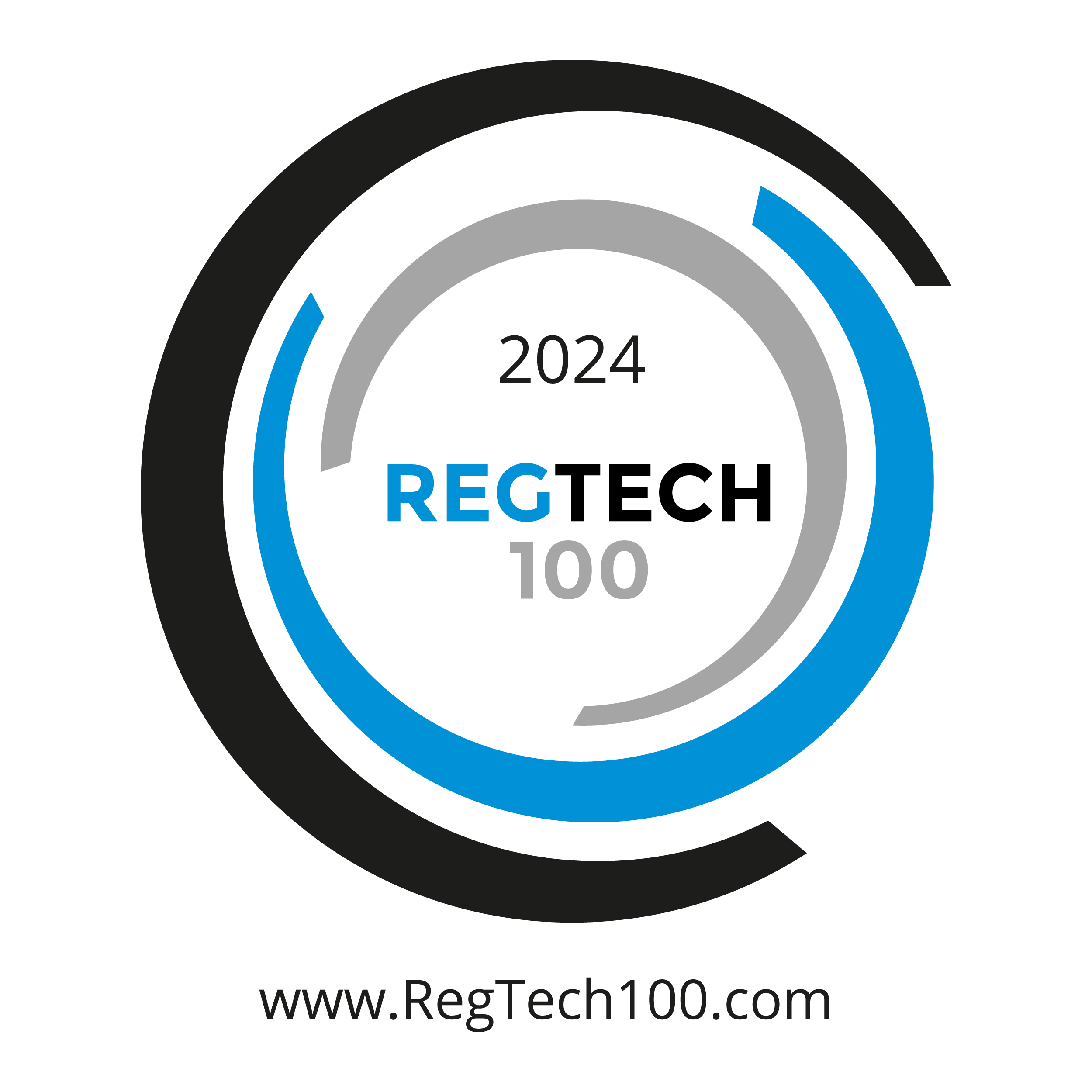CEO Astyanax Kanakakis writes for Money Laundering Bulletin on how blockchain KYC solutions solve the problem of KYC.
We have reached saturation point with current anti-money laundering and counter financing of terrorism (AML/CFT) processes, says Astyanax Kanakakis of norbloc.
Banks are overwhelmed with onboarding and remediation work and simply throwing more resources at both has tipped into diminishing returns. The status quo is siloed, paper-based, and restrictive. Meanwhile, organizations are not collaborating by sharing the know your customer (KYC) data they have already gathered, leaving valuable work on the table. The industry needs a solution that enables institutions to share information that is secure, efficient and equitable.
We have developed one that’s been successfully used by banks in the UAE for over a year and contains over 300,000 customer records. We just don’t like talking about it, mainly because it involves the ‘b’ word…
Just as in cryptocurrency applications, the blockchain can act as an indelible shared ledger, enabling each institution to build upon existing KYC efforts. This removes the duplication of compliance that characterizes the process today and makes it easier, faster and cheaper to onboard customers – as well as introducing a host of other benefits.
Blockchain KYC solutions in practice
We offer three products, each addressing a different domain for sharing data. Fides is a secure platform for sharing KYC data between organizations – and live right now in the United Arab Emirates.
With Fides, customers use an electronic login to digitally submit their information. Bank officers at one bank review this data through the normal processes, including automated public data checks, and once it is approved, the customer’s data is added to a shared blockchain. This data – including the first institution’s approval – can then be used to onboard the customer at any other institution with access to the blockchain.
To eliminate the free-rider problem, institutions that use the blockchain for validation rather than conducting the KYC work in-house, compensate the institution that conducted the initial KYC work for its effort. Opening a market for securely exchanging KYC data between trusted institutions takes a process that was once a significant drain on resources and turns it into a revenue generator.
The benefits
There are several immediate benefits to this approach. Our technology allows the automated validation of customer data with third-party data sources and the continuous monitoring of any changes in data or alerts on that data. This is significantly more efficient in terms of time and cost and will continue to produce savings beyond onboarding and into renewals and data updates. The nature of the blockchain ensures that if any data is changed this is propagated to the entire ecosystem, ensuring that everyone has access to the latest version of the truth.
The customer experience is also significantly improved. They only need to fill out the paperwork once, as opposed to every time they want to sign up with a new bank, resulting in collapsed onboarding timescales. Soon, customers will be able to access their data through a unified customer portal, which will enable them to proactively update and review records, and even revoke access to institutions they no longer want to work with.
Working in silos harms efficiency and efficacy, and financial institutions and compliance teams are better served by cooperative technology like the blockchain. Conversely, the blockchain provides a widely accessible historical audit log with an unchangeable record of who updated it and when. In addition to the immediate benefits that the early users of these technologies will experience, there will also be a radical change in outcomes on an industry-wide level, once compliance efforts are mutualized at scale in a legally valid and technologically eloquent manner.
Tomorrow’s technology, today
In addition to the mutualization of compliance efforts, this technology enables an exciting future for identity custodian services for traditional banks: physical and legal identity attestation. The technology expands the addressable customer base and allow institutions to spend resources on other, higher-value endeavours. Further, there is immense potential for insurance, legal and many other sectors to participate.
Using the blockchain for KYC is faster, more cost-effective and safer than current processes. The banks themselves are custodians of the data and govern the platform, there are no GDPR (General Data Protection Regulation) issues and it is better for customers, AML and CFT professionals, institutions and the larger financial ecosystem. The technology for such a system exists, and it is currently being used by eight banks including HSBC. That is why I am confident that the ‘b’ word is the future of KYC and AML.
Astyanax Kanakakis is CEO & co-founder of KYC and AML software platform norbloc (www.norbloc.com).
To read the full article, click here.





